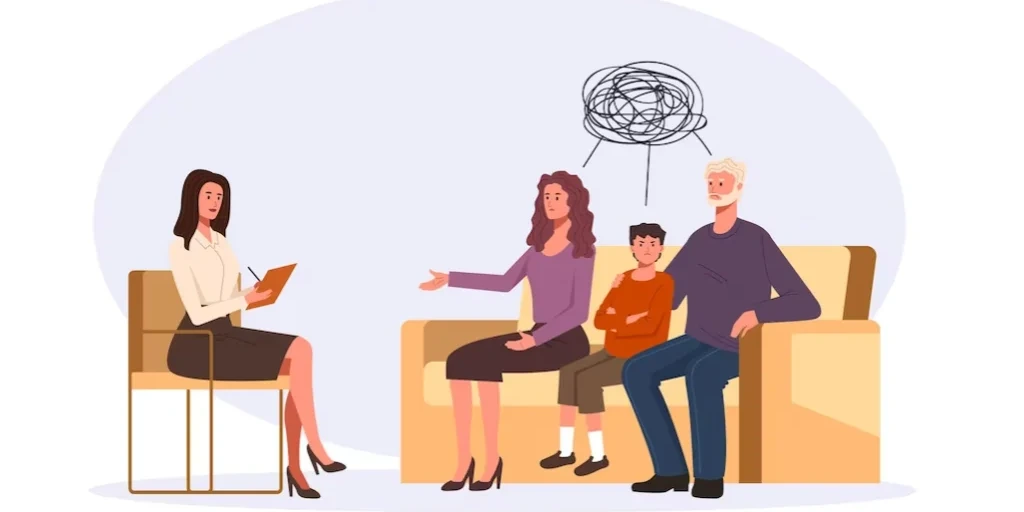24/7 Helpline:
(866) 899-221924/7 Helpline:
(866) 899-2219
Learn more about Opioid Rehab centers in Boone County

Other Insurance Options

Premera

Cigna

Humana

Absolute Total Care

BlueShield

State Farm

MVP Healthcare

Amerigroup

MHNNet Behavioral Health

Medical Mutual of Ohio

Kaiser Permanente

Molina Healthcare

Optima

UMR

CareSource

Health Net
Beacon

Regence

Aetna

AllWell

Rosecrance
Rosecrance is a private not-for-profit organization offering behavioral health services for children...





































Remedies Renewing Lives
Remedies Renewing Lives - North State Street is located in Belvidere, Illinois. Remedies Renewing Li...

Hiawatha Valley Mental Health Center
Hiawatha Valley Mental Health Center is a private rehab located in Caledonia, Minnesota. Hiawatha Va...





















































